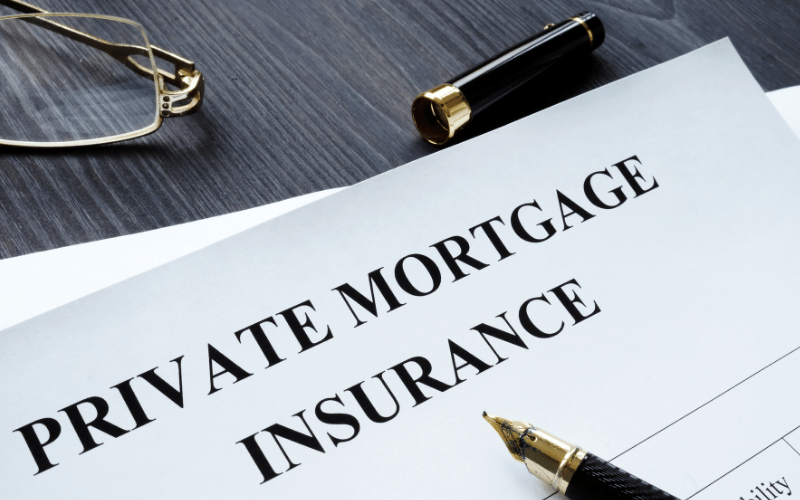Table of Contents
What Is Private Mortgage Insurance?
In the US, lenders’ mortgage insurance is also called private mortgage insurance. Insurance is paid to the lender or trustee who makes the mortgage loan.
Sometimes, lenders need to insure their mortgage loans with a pool of securities. Private mortgage insurance can benefit homeowners because it protects against loan default.
Costs
Private mortgage insurance is one of the hidden costs of purchasing a home. Usually, it will cost you an extra payment each month. These premiums range from half to one percent of the loan amount and can add up to thousands of dollars each year. These monthly payments can put a strain on your budget. You should carefully consider whether private mortgage insurance is the right choice for you.
While saving for a 20% down payment can help you qualify for a mortgage and avoid private mortgage insurance, it can take years. Luckily, many government programs are available for borrowers with less than twenty percent down.
You may be eligible for FHA, USDA, or VA loans that do not require any money down. Additionally, down payment assistance programs can help you pay for the down payment.
Payment Options
There are a variety of payment options for private mortgage insurance. Usually, you’ll have to pay monthly, but there are some situations where you can get a lower rate if you pay upfront.
The loan officer will explain your payment options. You can also opt for lender-paid mortgage insurance, in which the lender will pay the premium on your behalf.
The benefits of single-premium PMI are clear: you’ll pay less each month and qualify for more homes. However, the payment for this insurance is non-refundable. Another payment option is split-premium PMI, which allows you to pay the insurance premium in a lump sum and avoid paying monthly premiums.
Down Payment Requirements
Depending on the circumstances, down payment requirements for private mortgage insurance can vary widely. In some cases, lenders will require more than 20% down, while others will allow as little as 3%.
However, a first-time buyer’s average down payment is around 12%. As a result, it is crucial to understand the requirements before making your final decision.
PMI is typically paid monthly or upfront, depending on your credit score and down payment. The cost of the premium can range anywhere from 0.3 percent to 1.5 percent annually.
However, you may get around the requirement if you pay 20% or more upfront. In addition, you may also qualify for government-sponsored home loan programs to help you make a down payment.
The down payment requirement will be even lower if you can put down just 3% on a $200,000 home. This would be a $40,000 down payment on a $200,000 home.
The down payment for private mortgage insurance would be $40,000; if you had 20% equity in the property, you would only have to make one monthly payment.
If you have less than 20% down, you may qualify for a mortgage loan with a low down payment option, like Ally Bank’s HomeReady program.
This program is aimed at low to middle-income homebuyers. To qualify, you must have a debt-to-income ratio under 50%, and your income must be equal to or less than 80% of the area median income. Additionally, you must complete a homeowner education course.
While private mortgage insurance protects the lender from loss from borrowers who cannot make payments, it does not protect the borrower.
If the borrower defaults on a payment, the lender can foreclose and repossess the home. Therefore, it is crucial to understand the requirements and risks before embarking on this strategy.
Whether You Need It
Private mortgage insurance is a part of your monthly mortgage payment. This insurance protects the lender if you default on your payments. A higher credit score lowers your monthly PMI premium.
Conversely, a lower credit score means a higher PMI premium, even with the same amount of down payment. In either case, it’s important to know the specific requirements of your situation and to speak with a mortgage expert.
Before deciding on private mortgage insurance, it’s essential to understand what it is and how much it will cost you.
This type of insurance is required by most lenders when you make less than 20% of your home’s value. It is also important to learn about your options and how you can lower your monthly payment and eventually get rid of PMI once the value of your home increases.
If you have a low down payment and are considering purchasing a house, you may be surprised at the cost. Although private mortgage insurance may increase your interest rate, it’s worth it if it lowers your risk. If you don’t have the money to pay for private mortgage insurance, you may be able to negotiate a lower interest rate.
